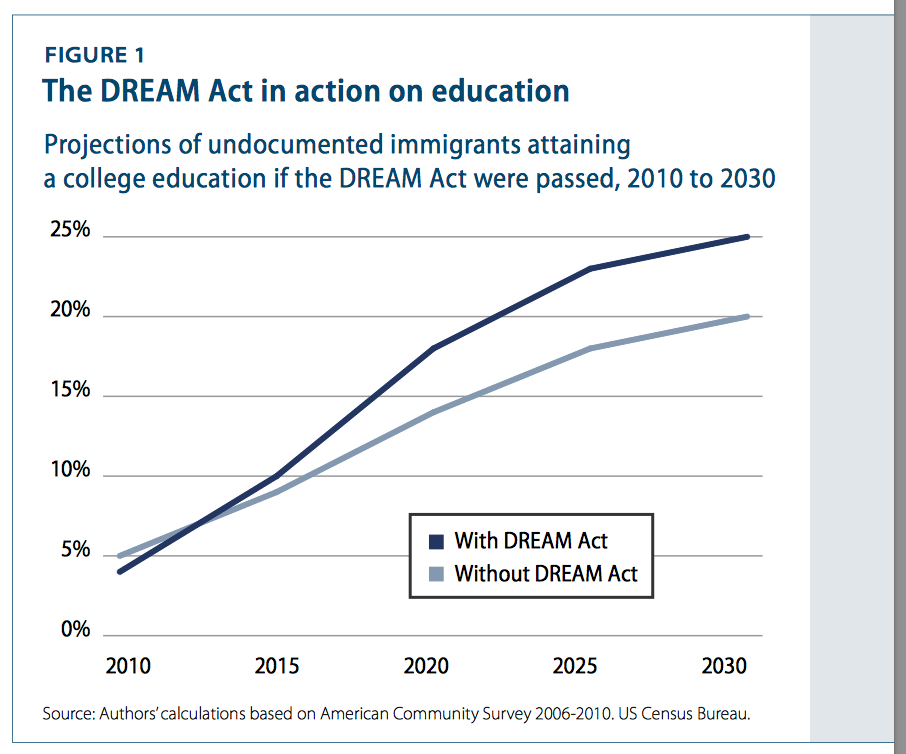President Donald Trump announced Tuesday that the Department of Homeland Security will terminate the Deferred Action for Childhood Arrivals program, after assuring the immigrant community for months that ending the program was not a priority of his.
Trump called on Congress to replace DACA with legislation before it fully expires on March 5th, 2018. The Obama-era immigration measure allows for foreign minors who came to the United States as children to apply for a two-year deportation deferral and work visa, subject to renewal. It affects about 800,000 people; officials say “current beneficiaries of the program will not be immediately affected by what they called an ‘orderly wind down'” of the policy, according to the New York Times.
Trump hinted at the announcement Tuesday morning with a tweet, before Attorney General Jeff Sessions made the formal announcement.
Congress, get ready to do your job – DACA!
— Donald J. Trump (@realDonaldTrump) September 5, 2017
Trump’s remarks on Tuesday represented a marked shift in rhetoric. Speaking of DACA beneficiaries in February, Trump said, “To me, it’s one of the most difficult subjects I have because you have these incredible kids … you have some absolutely incredible kids, I would say mostly.”
The Department of Homeland Security has faced mounting pressure from anti-immigrant officials on the state and federal level to end the program. In June, the attorneys general of 10 states sent a joint letter to Sessions, threatening to expand existing legal challenges to the program if the government didn’t do so of its own accord.

DACA beneficiaries—also known as DREAMers—are poised to contribute immeasurably to the American economy in coming years. A Center for American Progress report estimates that, by 2030, 1.5 million DREAMers will have received a high school degree or GED, and 223,000 more will have received an associate’s or bachelor’s degree thanks to the Development, Relief, and Education for Alien Minors (DREAM) Act. “The percentage of eligible DREAMers with a college degree would be 4 percent higher with the passage of the DREAM Act,” the report states.

Importantly, that means with a better education and more disposable income, hundreds of thousands of additional graduates will regularly purchase goods. The cumulative gain in earnings as a result? A whopping $148 billion by 2030, the report concludes.
“Put simply, higher earnings for DREAMers translate into more money flowing into our economy through greater consumption of goods and services,” it says.




